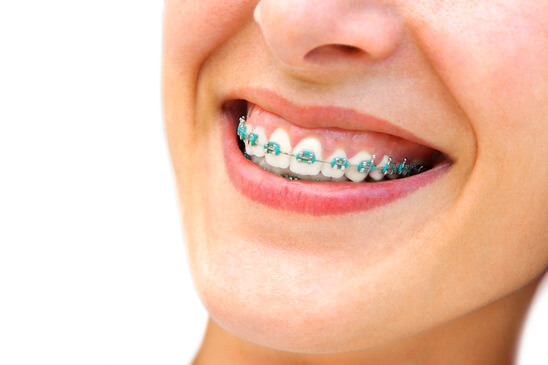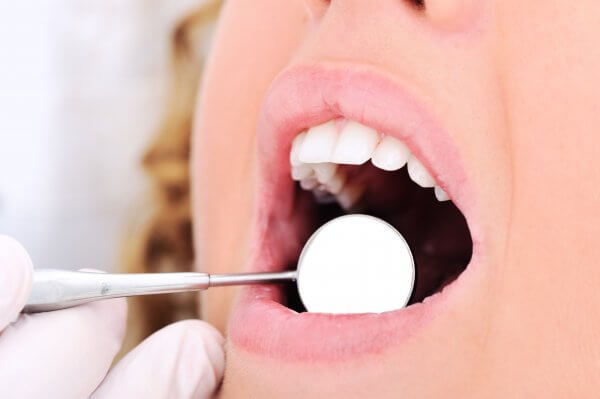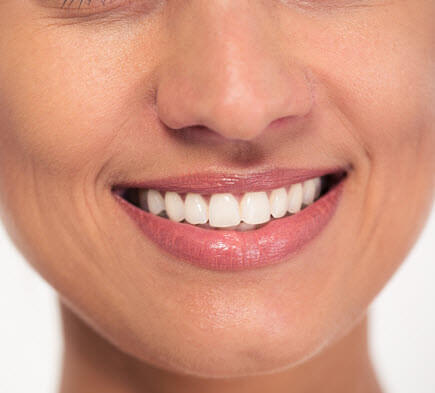What is gum disease?
Gum disease is an inflammation of the gums (gingivitis) that can also affect the bone (periodontitis) that surrounds and supports your teeth. It is primarily caused by certain types of bacteria (in plaque and tartar that builds up on teeth) and therefore can be prevented and treated at its early stages. If untreated, periodontitis can lead to loss of teeth and loss of surrounding bone resulting in difficulty to rebuild bone and/or replace teeth.
What are the symptoms?
Without regular check-ups, you probably won’t know that you have gum disease until it’s in the more advanced stages.
Gum disease can be painless, so it is important to keep an eye on the following symptoms:
- Bleeding gums, especially when brushing your teeth
- Any swelling, redness or tenderness in the gums
- Gums that recede or move away from the tooth
- Persistent bad breath or bad taste in the mouth
- Pain when chewing
- Loose teeth or gaps appearing between teeth
- Visible pus surrounding the teeth and gums
How do I prevent gum disease?
Plaque and harmful bacteria need to be removed by your dentist or hygienist through a procedure called scaling or root planing to remove plaque and tartar. This can be done manually or using ultrasonic equipment. Regular check-ups and hygiene visits help us manage gum disease. It is important that you maintain the health of your gums by brushing and cleaning between your teeth at least twice a day using dental floss or interdental brushes and toothpaste. This helps reduce the build-up of plaque, which is usually the cause of gum disease.
Are you at risk?
Gingivitis can happen to anyone at any age, especially if you have not been making oral hygiene a priority. If treated on time, it is entirely reversible.
Certain circumstances may make you more vulnerable to developing gum disease such as
- diabetes
- smoking
- mouth breathing
- pregnancy
- immune system compromising diseases
- radiation and chemotherapy
- some genetic disorders
- poor dexterity and oral hygiene
For more information, please visit: https://www.perio.org/consumer/gum-disease-risk-factors
What should I do about it?
Make sure you attend regular check up’s and hygiene visits to prevent the onset of gum disease. Home maintenance makes all the difference! Stopping smoking and controlling diabetes is a good start. It is important that you carefully follow the instructions of your dentist and hygienist to ensure good oral health and reduce your risk of developing gum disease.




